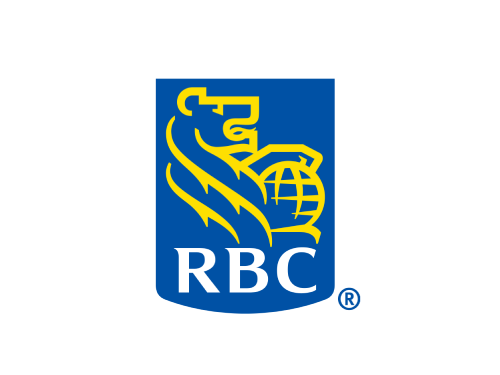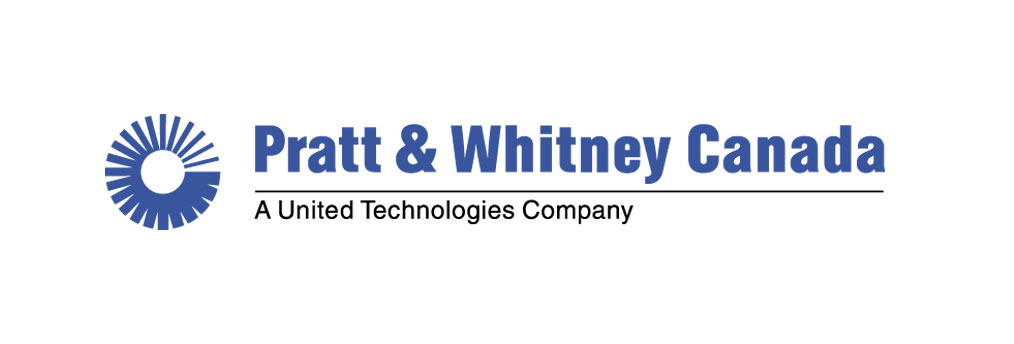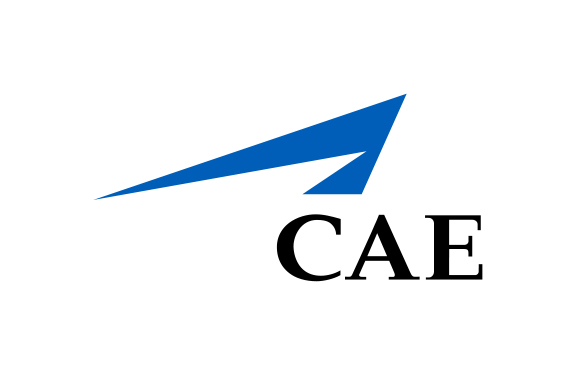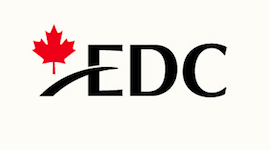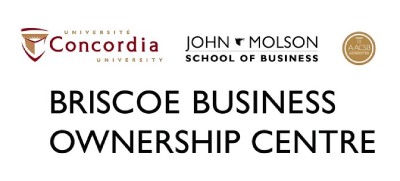Peruvians take the gold at MBA Case Competition
After a week of intense business strategizing and persuasive talking, the 18th annual Concordia International MBA Case Competition wound up on January 16 with a banquet and hearty congratulations for the winning team from Peru.
The winners were from ESAN, a business school in Lima that entered the competition for the first time only last year. As a reward for their outstanding achievement this time, a delighted Bombardier executive arranged for them to fly by Bombardier jet to Toronto, where the students were taken out to dinner and given a tour of the company’s plant.
“They were like kids in a candy store,” said Case Competition organizer Alexandre Botella.
[img_assist|nid=827|title=|desc=Moment of jubilation as our team learns Concordia came in second.|link=none|align=right|width=400|height=289]Second place went to a team from the University of Tennessee. Third place went to Otago University, in New Zealand, always strong contenders; they placed first in 1992 and 1993, and second in 1996.
Concordia’s team did well once again, placing eighth among the 34 teams from business schools around the world. The team members were Ellee Platis, Marc Gawronski, Joan Daigneault, Meena Viswanathan and Mary Bethune (alternate). Their coach was Professor Normand Bernier.
They were competing against teams from Germany, Finland, Mexico, Sweden, Canada and nine teams from the United States. It’s worth noting that six of the top 10 teams out of a field of 34 were Canadian schools. Over the past decade of the tournament, the most consistent performer has been Memorial University of Newfoundland.
The Case Competition is a highly organized event that pits four-student teams against each other to solve real business cases. The judges are business executives from around Montreal who willingly volunteer to hear some of the world’s brightest young business minds tackle tough real-life problems.
Botella, Carl Tischuk and Dawn Henson, all Concordia MBA students, earned academic credit for spending a term organizing the mammoth competition — lining up competitors, recruiting willing judges, and finding cases.







